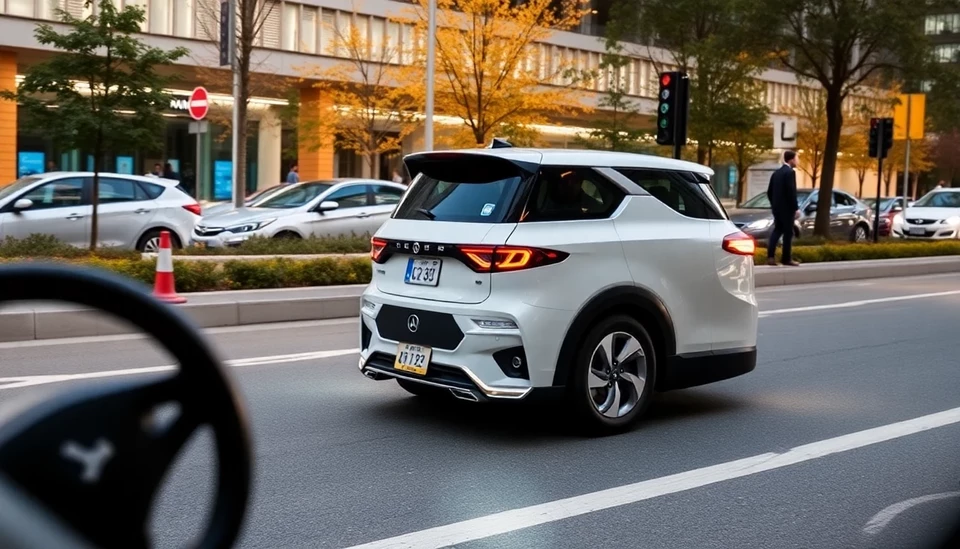
In the wake of a tragic accident involving a Xiaomi electric vehicle that resulted in a fatality, Chinese authorities have issued a renewed call for vigilance regarding smart driving technologies. The incident, which has raised serious concerns about the safety of increasingly autonomous vehicles, highlights the urgent need for comprehensive regulations and public awareness in the burgeoning field of intelligent transportation.
The crash occurred when the vehicle, equipped with advanced driver-assistance systems (ADAS), reportedly failed to respond adequately to a pedestrian crossing the road. Eyewitnesses indicated that instead of coming to a stop, the car accelerated, leading to a catastrophic outcome. This unfortunate event has sparked debates around the reliability and accountability of technology incorporated within smart cars.
Officials from the Ministry of Industry and Information Technology (MIIT) emphasized the importance of stringent safety protocols and testing before these vehicles hit public roads. “Innovation in smart driving technology must be coupled with a strong commitment to safety,” they stated in a public address. “It is imperative that manufacturers ensure their systems are foolproof and reliable.”
The Chinese government has been actively promoting the use of smart vehicles as part of its broader initiative to advance the automotive industry, reduce traffic incidents, and improve roads. However, this incident exposes the potential risks associated with the rapid rollout of such technologies without rigorous oversight.
Industry experts assert that while autonomous vehicle technology has made significant advancements, it still faces substantial hurdles as it integrates into everyday life. They argue that consumer education around the capabilities and limitations of these systems is critical to prevent misuse and enhance safety on the roads.
In addition to the government’s call for increased vigilance, the crash has prompted Xiaomi to launch an internal investigation to identify the failures in their vehicle’s technology that may have contributed to the tragic event. The company has expressed its commitment to user safety and transparency, promising to cooperate fully with authorities as the investigation unfolds.
Meanwhile, the accident has led to heightened scrutiny of the autonomous vehicle sector in China, which is experiencing rapid growth. The public and regulatory bodies are demanding a thorough reassessment of existing safety standards and protocols to ensure that such incidents are not repeated in the future.
The situation remains fluid as updates on regulatory actions and technological improvements are anticipated in the coming weeks. Stakeholders across the automotive industry, including manufacturers, software developers, and regulatory agencies, must come together to address these pressing safety concerns effectively.
As communities reflect on this tragic event, the emphasis on smart driving safety serves as a crucial reminder of the responsibilities that come with innovation. Balancing technological advancement with human safety will be paramount as China's auto industry strives to forge ahead into a new era of transportation.
In summary, the recent Xiaomi crash has illuminated critical issues surrounding autonomous driving systems in China, advocating for enhanced caution and responsibility among manufacturers, policymakers, and consumers alike. Safety must remain at the core as the country pushes towards a smarter driving future.
#China #Xiaomi #SmartDriving #SafetyFirst #AutonomousVehicles #TrafficSafety #Technology #Innovation #Regulation #ElectricVehicles
Author: John Harris




